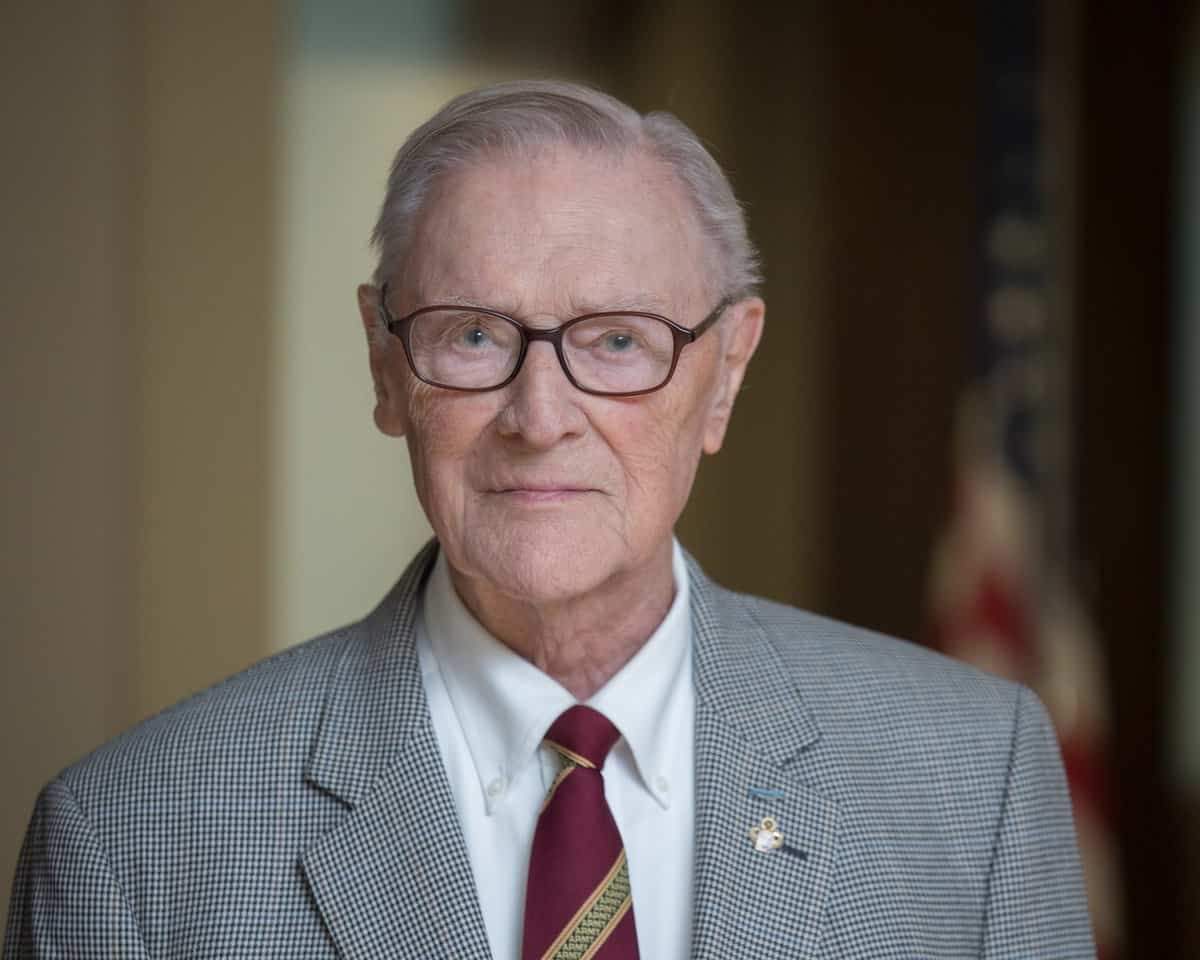Soldiers: Effective and Influential Diplomats

It has often been written that the American soldier is our best diplomat. Without judging the relative merit of diplomats, it occurred to me that I have never read an explanation of why this claim is made. Herewith, some relative thoughts.
During the last year of World War II, towns in France joyously greeted American as liberators and with the relief of believing their war was over. Surprisingly, perhaps, the same was true in Germany after some trepidation, when the population realized we were not bent on genocide, looting, rape or further destruction of their livelihoods. We weren't, actually, favorite guests, as we helped ourselves to their wine and liquor supplies but, for the most part, paid for their beer.
In Germany, we suffered a nonfraternization policy ordered by Supreme Headquarters and reiterated by every command level from Army Group down to company and battery level. As a captain, I held a formation to inform my company of the restrictions and requirements. A large percentage of the townspeople attended, including children who were aware of the good things packed in C-ration cans, K-ration boxes and the pockets of soldiers. The children were followed by women who knew about nylons and other available post exchange items, then by the general population who wanted to trade for cartons, packs of single cigarettes.
Familiar Faces
I don't know at what level the decision was made, but in my division, every company sized unit had to move to a new town every seven to 10 days to prevent anyone from becoming friendly with the enemy - a requirement that did not apply to any headquarters above company. You can imagine my surprise when I began to recognize familiar faces among the welcoming contingents at every new town. Obviously, my soldiers had become the victims of the children, females and smokers who were violating the non-frat policy. I was planning to report those violators to the nearest military government office, but I was reassigned to a division being organized to ship to the Far East for the invasion of Japan, and the violators were never brought to justice.
I tell that story because something like it happened every time our soldiers have been committed to any term of occupation in an enemy country or a re-occupied ally. Thousands of marriages, lifelong friendships, business relationships and many fond memories came out of Europe and Japan, and later out of Korea and Vietnam. I am not familiar with later wars in the Middle East when policies and rotation systems changed, but I am sure American soldiers continued to be a popular contingent among the citizenry.
Following the end of the Cold War and the reduction of the size of our armed forces to provide the ''peace dividend'' Congress immediately spent on other things, it became commonly expressed that the Army still had 140,000 soldiers deployed to more than 80 countries around the world. The details on where and for what purposes were seldom or never expressed.
I am not privy to today's numbers, but I believe they remain comparable to those of the past. The last figures I have seen identify about 26,000 U.S> soldiers in NATO Europe, accounting now for 27 counties; 67,000 in the U.S. Pacific Command, including Alaska, Hawaii, Japan and Korea; about 1,500 each in the U.S. Southern Command and the U.S. Africa Command; 7,000 in the U.S. Central Command; and 2,500 in the U.S. Northern Command. Another 60,000 are engaged independently in nation-to-nation agreements or ''SECDEF Named Operations'' that commit forces to temporary missions.
Important Work
What are they doing? I believe it is important that the readers of ARMY magazine help explain to Rotary and Kiwanis clubs, other service organizations, new reporters and the general public that our soldiers - and all members of our armed forces - are engaged in important work. They sometimes are in danger as they cope with terrorist attacks or the threat of IEDs, but they remain resolute in their dedication to mission accomplishment.
Deterrence. The principal purpose of the large complements of soldiers is to deter wars in Europe and the Republic of Korea, which so far is an almost 70-year success. IN other locales, smaller units are part of a nation's air defenses.
Military crafts. Education and training teams are in schools and training bases, and teams help plan defense operations, maintenance and supply practices, furnish transport and augment our wold-wide communications. Major forces participate in periodic exercises that reinforce our capabilities and commitments to our allies.
Humanitarian. Perhaps most popular are the medical detachments that provide treatments, medicines and advice for local populations. They are often deployed against the outbreak or prevention of an epidemic of a life-threatening disease.
Intelligence Collection. Teams work with friendly nations' intelligence systems to provide information important to our national security.
Regardless of the mission, the presence of Americans is almost universally appreciated. Soldiers continue to reassure our commitments, make lifelong friends and be seen as unofficial diplomats. Continuing to support their activities is an effective contribution to our national interests and our national security. No official diplomat can do more.
This article originally appeared in ARMY magazine, August 2019, VOL. 69, NO 8. Reprinted by permission.











